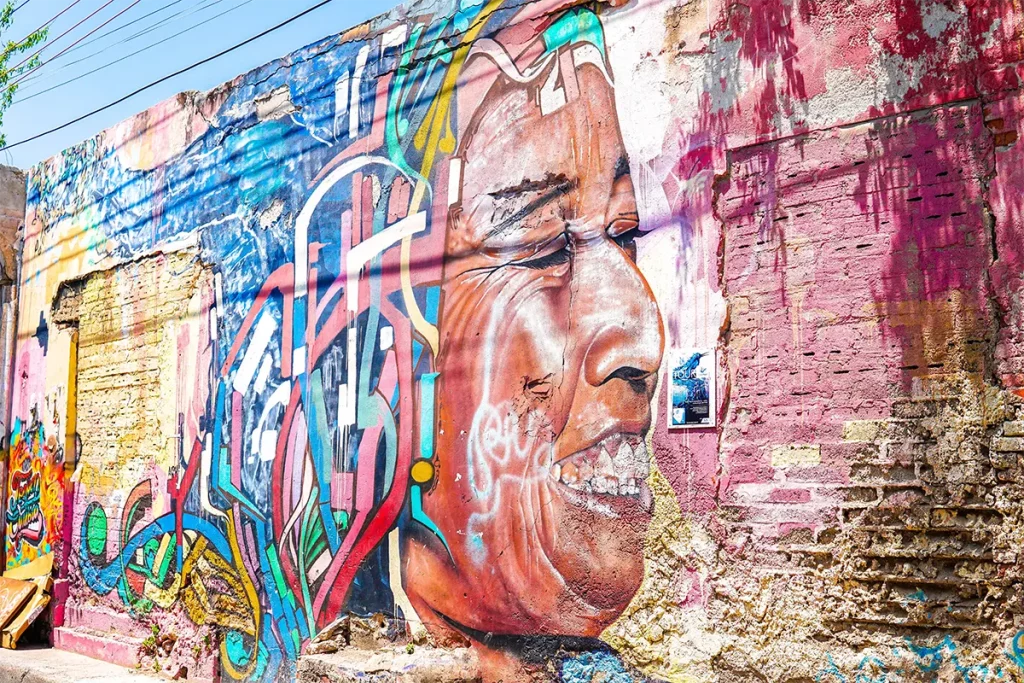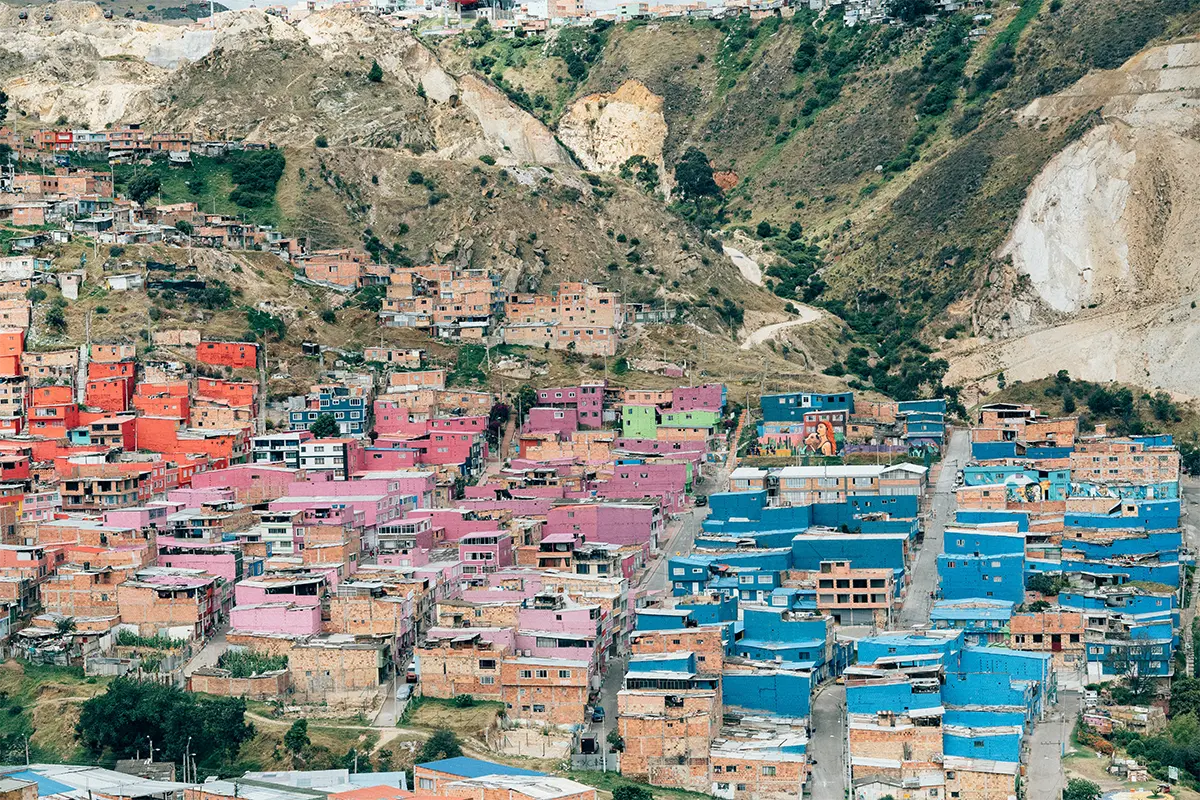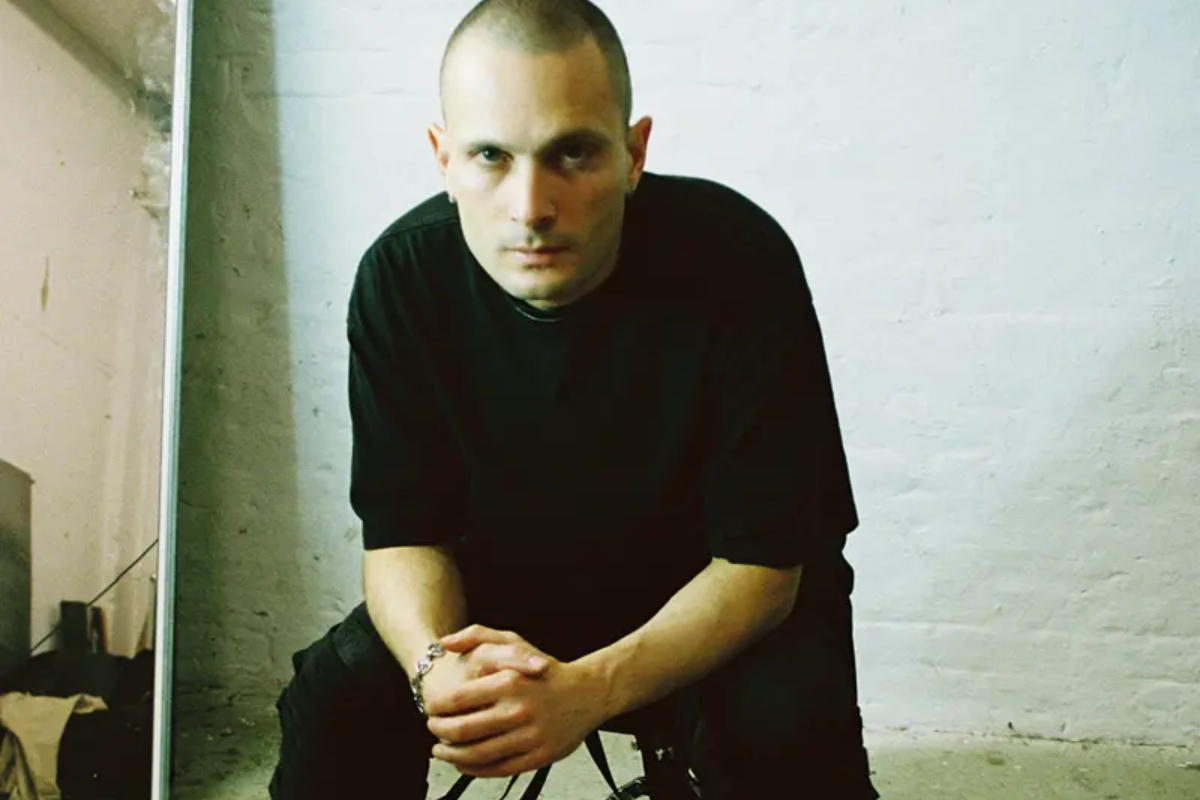In Bogotá, 1.2 million women dedicate most of their time to unpaid care work. Mayor Claudia López opened the Care Blocks project
Bogotá Care Blocks – Manzanas del Cuidado in Bogotà. Millions of unpaid caregivers in the world, most are women – a global economy disaster and a gender issue
There are an estimated 647 million full-time unpaid caregivers in the world who are not looking for a job due to their commitment to care for their families or close ones. Ninety-three percent are women. In general, women and girls make up for seventy percent of global caregiving hours (paid and unpaid) and for seventy-five percent of unpaid care work. Care work is what makes all other work and life possible – without someone taking care of the others’ most basic needs (cleaning, cooking, working, caring for the children and the elderly) the family as structured today just wouldn’t function. The time has come to address this issue.
An innovative solution was found in Bogotá, Colombia, where gender inequalities in the context of care are extremely present: a study carried out by the local Secretary of Women’s Affairs, found out that ninety percent of Bogota’s women do unpaid care work, and thirty percent do so full-time. In 2021 the impact of women’s unpaid work accounted for around thirteen percent of Colombia’s and twenty percent of Bogotá’s GDP. To tackle the issue, starting in 2020, the city developed Manzanas del Cuidado, or care Blocks.
Bogotá Care Blocks (Manzanas del Cuidado) and Human respect – rethinking economy, the city, community first according to the first woman to be mayor Claudia López
Care Blocks, or in Spanish Manzanas del Cuidado (lit. Apples of Care), are spaces in the city where the administration provides time and services to women and their families. As women spend time in job training, doing sports, or studying, staff members take care of their family members who may need it – such as the elderly, people with disabilities or children in spaces where they develop their capabilities and promote their autonomy. All services are public and free of charge. The idea was first shared in 2019 by then Mayor Claudia López.
The first woman to be elected mayor, Claudia López envisioned Care Blocks as a way of rethinking unpaid care work. «It is not only about recognizing and redistributing care», she explained in occasion of the first Block, «but institutionalizing it to free up time and opportunities for caregivers […] so that they find all the services they need in their neighborhood, in a nearby perimeter». Transforming the city down to urbanistic and public transports. Following a tight – and public – schedule, the 21st Block was opened last month, just before López left office. Twenty-four more are due to be opened by 2035.

Bogotá Care Blocks as a potential solution for unpaid care work and gender inequalities
A thorough playbook titled The Bogotá Care System: How a city is reorganizing itself for women written by Secretary for Women’s Affairs for the city of Bogotá Diana Rodríguez Franco and published in September 2022 illustrates how Care Blocks are expected to make an impact.
«Of a female population of four million in Bogotá», Rodríguez Franco reports, «three point six million carry out unpaid care work and one point two million do so full-time». Meaning thirty percent of the female city population entirely dedicate their lives to care for their loved ones, without this work being recognized either socially or financially. Out of all full-time unpaid caregivers, seventy percent do not have the opportunity to pursue secondary school, ninety percent are low-income, and zero percent are economically independent.
«To address inequality in unpaid care» Rodríguez Franco explains, «the government of Bogotá decided to bring the city and its services to caregivers and integrate these services into one space through Bogotá’s city-level Care System – the first-ever in Latin America». The expectation is that this model will not only make women’s life easier on a day-to-day basis and encourage their independence – but also give them and their social role recognition, while challenging the deeply rooted cultural biases that create gender inequalities in the first place. Ultimately, it is about transforming the very fabric of the city as a mirror of the society that inhabits it – and in so doing, making it more suited to women’s needs.
Theory into practice: how Bogotá Care Blocks were planned and created
The ambitious project was studied in detail and finally carried out with the support of the UN Economic Commission for Latin America and the Caribbean (ECLAC). First the municipality chose the forty-five areas where the Blocks were going to be opened, and then organized them into a prioritization index, by predetermined variables. Demand for care (25%), Caregiver density (25%), Poverty (25%), and Participatory budgets (25%). The plan was then studied in detail and reviewed by a group of researchers from New York University to ensure their optimal location and placement. Each block is located within a fifteen-to-twenty-minute walk for most potential users eliminating the need for transportation.
Given that almost seventy-five percent of Bogotá is made of rural areas, this issue was also addressed. The municipality came up with CARE Buses, a mobile alternative to the Blocks. Fourteen percent of full-time female caregivers who can almost never leave their homes because of the conditions of the persons they care for and could access neither a CARE Block nor a CARE Bus was left – so the City added CARE Home Delivery, to provide all services at home, as a final touch.
As of July 2022, the Care System has provided up to 160,000 services, as reported by Rodríguez Franco: «We have operated 10 Care Blocks across the city, having provided 138,907 services in the Care Blocks, 11,988 services in the Care Buses, 2,000 homes impacted in three programs for Care Home Delivery, over 6,159 caregivers trained, and 6,827 persons trained in workshops for cultural change». By august 2023, Blocks were serving 600.000 women with more than 300.000 services.
Bogotá Care Blocks and the issue of political participation – a community approach
Care Blocks also have a positive impact on political participation and social transformation. Indeed, the 2023 elections saw a two-point nine percent increase in women participation – yet, it remained at twenty-five percent: «The presence of women in shaping regional political power 2024- 2027,» said the
Misión de Observación Electoral, «will continue to be very low, which means that the political overrepresentation of men in seventy-five percent of the offices and territorial corporations at the national level will be maintained».
In Care blocks, women also have the chance to engage in political discourse – with the aim of raising both political awareness in general and the number of women in office. At the same time, the Blocks activities also include social transformation to shift the perception of women in the communities – by involving the men in their families.
The idea behind Care Blocks is all-round, aiming to revolutionize the role of women in society starting from the roots – from community. From adapting the city to the reality of women’s needs to enhancing their financial independence and political participation, Care Blocks put Bogotá at the forefront of the fight for gender equality.
Claudia López’s Bogotá Care Blocks (Manzanas del Cuidado)
Were created in Bogotá by former Mayor Claudia López, as spaces in the city where the administration provides time and services to women and their families, to enhance women’s independence and achieve gender equality



















